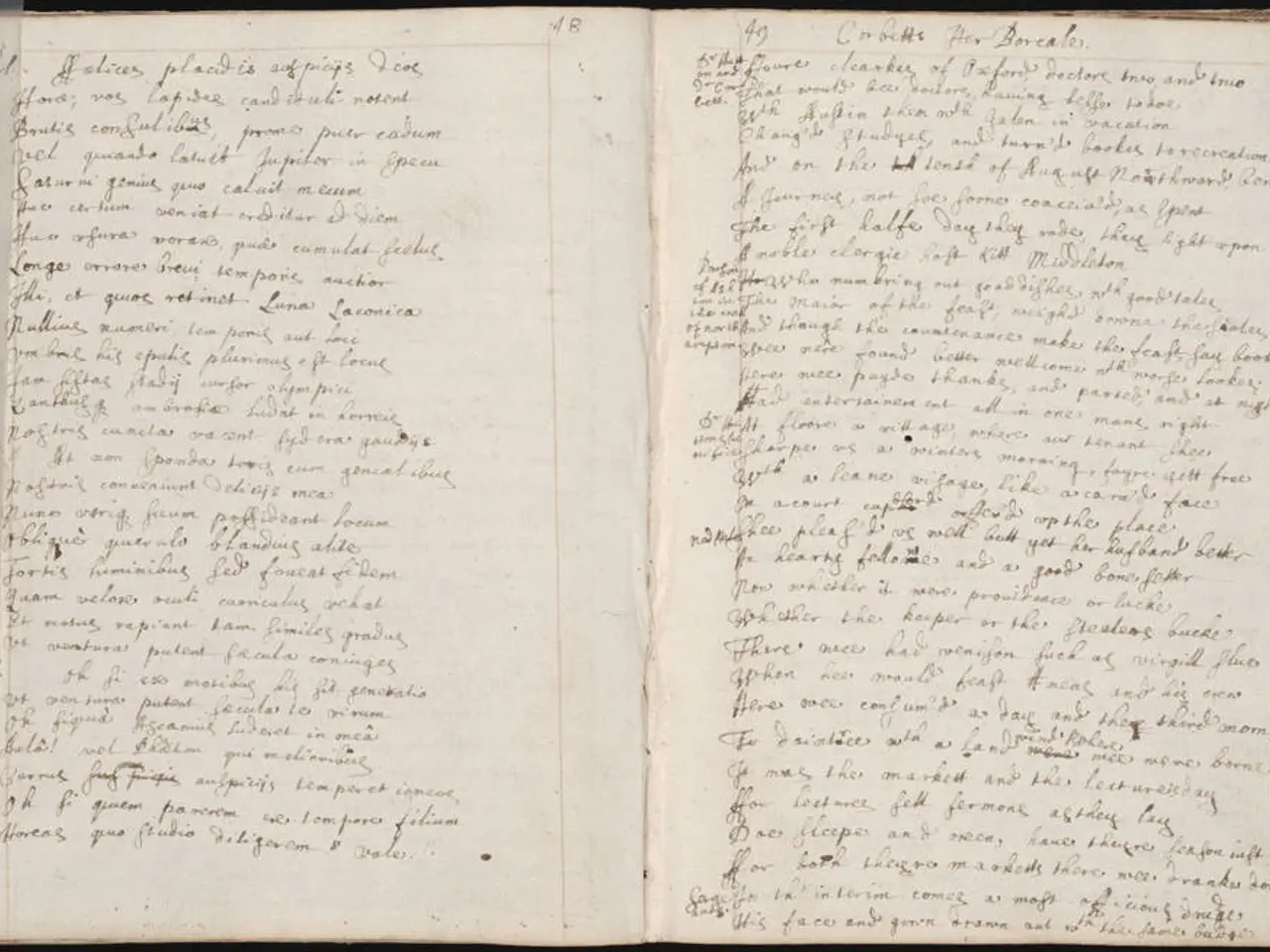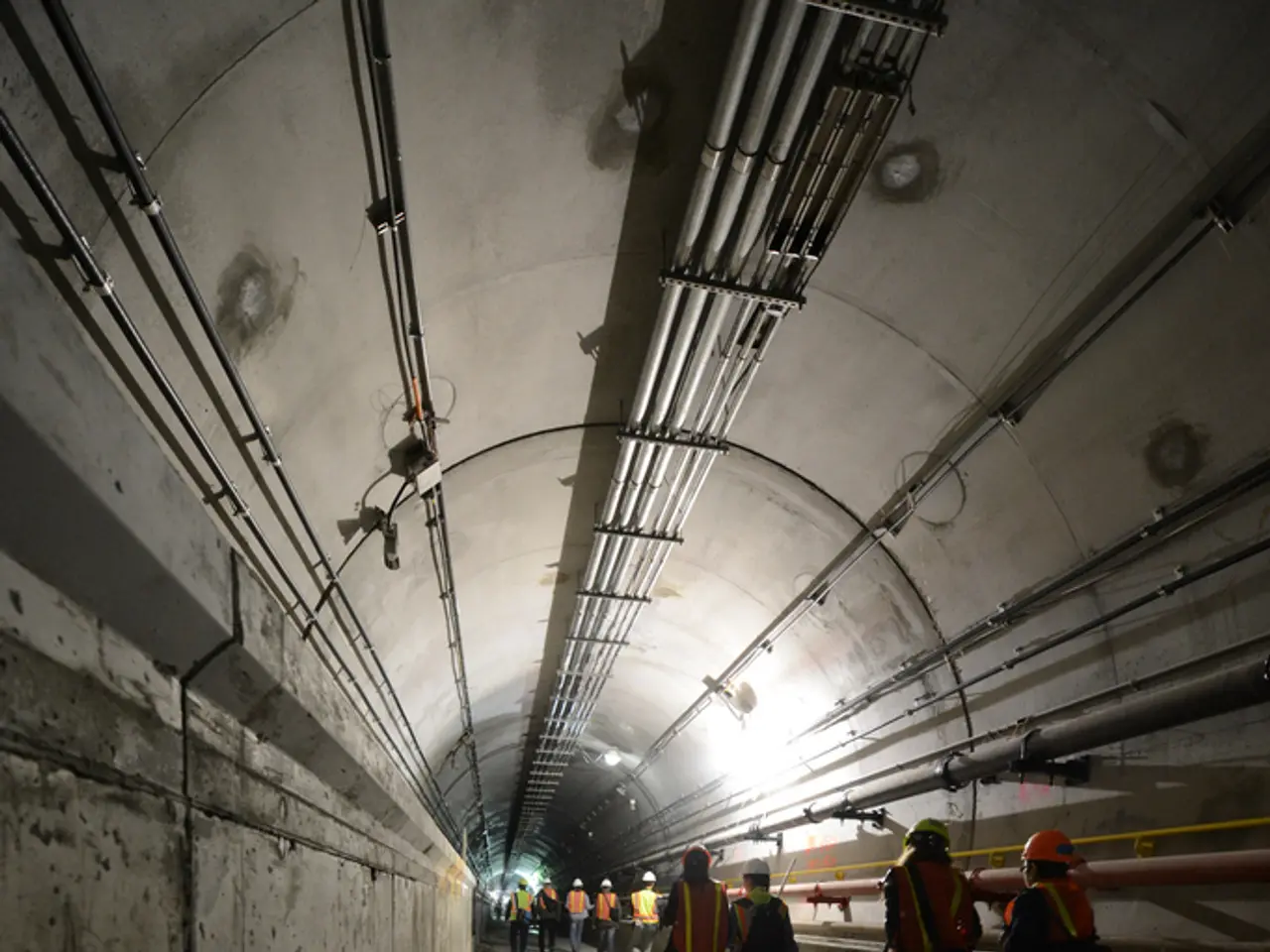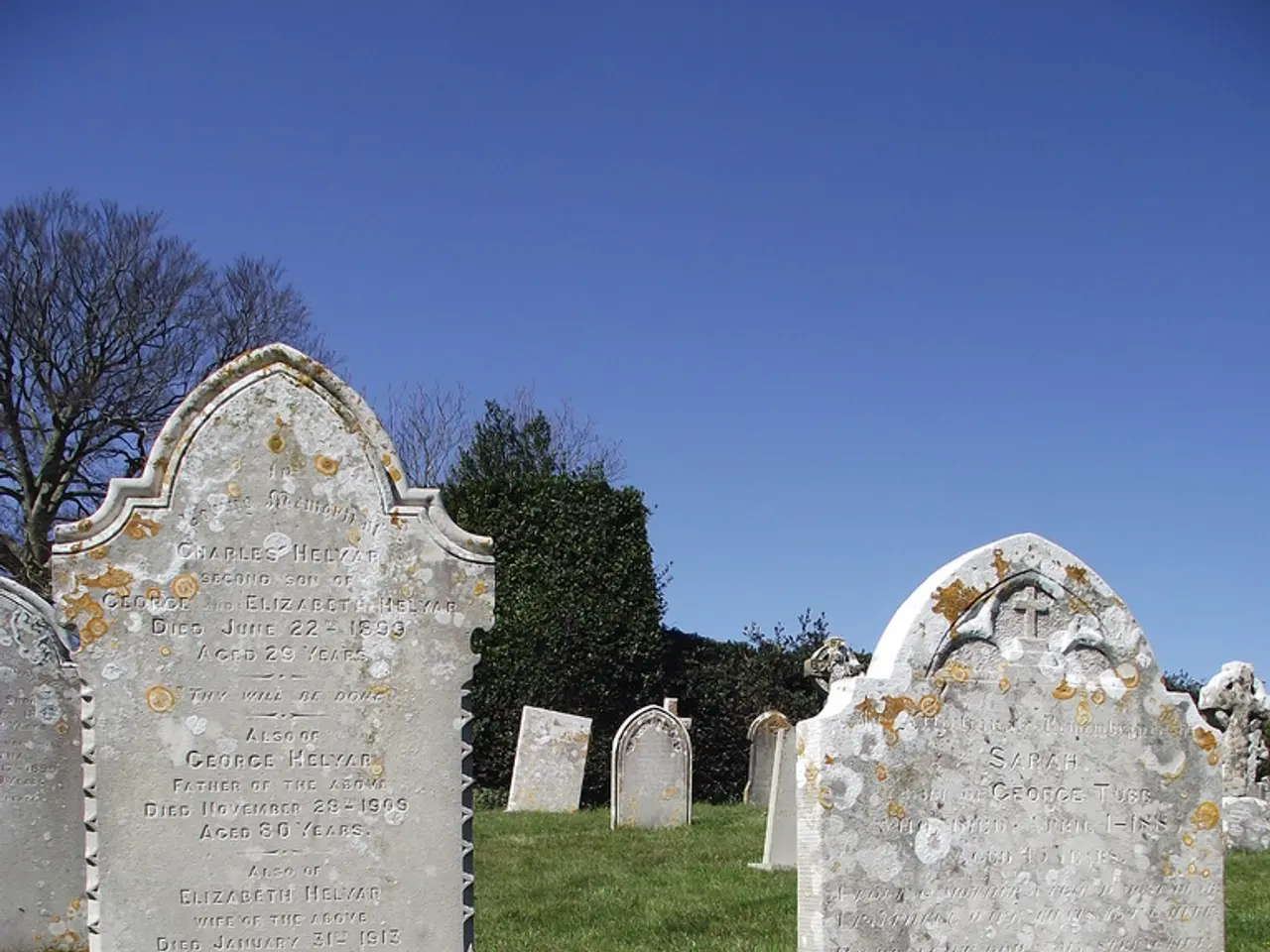EU ruling restricts designation of safe nations for asylum purposes
The Court of Justice of the European Union (CJEU) has issued new guidelines for the classification of safe countries of origin in accelerated asylum procedures. The ruling, which stems from a challenge by two refugees from Bangladesh, has significant implications for the EU and its member states.
The CJEU's decision requires EU member states to base their decisions on verifiable, disclosed sources and ensure protection for all groups in the country’s population. Specifically, the court ruled that lists of safe countries of origin are only lawful if the member state transparently discloses the sources used to assess safety. Moreover, the entire population of the country must be considered safe, meaning no specific groups (e.g., minorities, LGBTQ+ persons) can face systemic risks.
The ruling also states that the classification must allow for judicial review, enabling asylum seekers to contest safe country designations and decisions made under accelerated procedures. These stricter requirements raise the legal threshold for member states to designate countries as safe, limiting the use of such lists until new EU asylum legislation comes into force.
The CJEU's decision clarifies that the designation of safe countries must be verifiable, comprehensive, and judicially reviewable to comply with EU law. This ruling affects accelerated asylum processing throughout the EU, marking a significant legal tightening over previous practice and influencing ongoing EU and national policies on asylum.
In a related development, the European Commission proposed a unified EU list of seven countries considered safe (Bangladesh, Colombia, Egypt, India, Kosovo, Morocco, Tunisia) to apply accelerated procedures consistently across member states once approved. Meanwhile, Germany plans national legislation to accelerate safe country classification by relying solely on EU law rather than federal approval processes, aiming to speed up asylum procedures.
The CJEU's ruling has been met with criticism in Italy, particularly from Prime Minister Giorgia Meloni, who considers it a claim of powers that do not belong to the court while the responsibility lies with politics. However, the lawyer for the plaintiffs from Bangladesh considers the ruling a victory for the primacy of EU law over the claims of individual member states.
Another legal question arises concerning the potential detention of asylum seekers in the centers established under the "Albania model." Submitting an asylum application is not a ground for detention, and whether the planned accommodation of asylum seekers in such centers is legally equivalent to detention is a significant legal question.
The centers under the "Albania model" were effectively only in operation for five days in 2024, at very high costs. The Italian government's flagship project, the "Albania model" for fast-track asylum procedures abroad, is currently on hold due to resistance in the Italian judiciary.
In conclusion, the CJEU's updated guidelines require transparency, full population safety, and legal safeguards for asylum seekers in the designation of safe countries of origin, affecting accelerated asylum processing throughout the EU. This is a significant legal tightening over previous practice and influences ongoing EU and national policies on asylum.
- The CJEU's decision to require transparency and judicial review in the designation of safe countries of origin seems to have influenced ongoing policy-and-legislation discussions regarding asylum, particularly in the politics of the EU and its member states.
- The stricter requirements set by the CJEU for the classification of safe countries of origin have not only altered the general-news landscape regarding EU asylum proceedings but also raised concerns about potential legal challenges in the handling of asylum seekers, such as the detainment issue in the "Albania model" centers.








